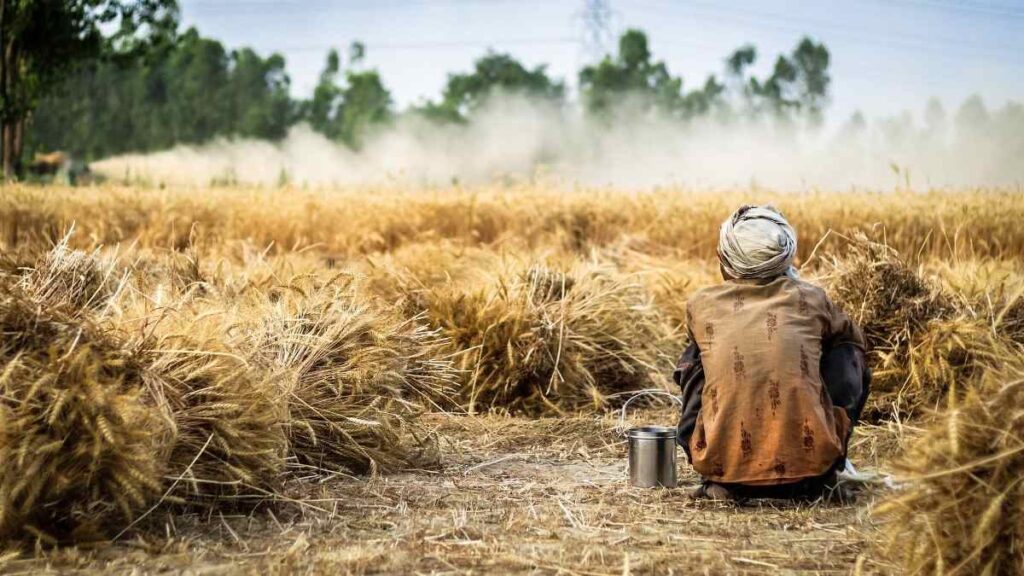
Agricultural production remains the main source of livelihood for most rural families in developing countries. Farmers’ voices are not adequately represented in international institutions dealing with food security, genetic resources, innovation, intellectual property, trade and sustainable development. Therefore, this study investigated the problem affecting small scale farmers in marketing produce in rural areas.
Here are some common conditions and problems that affect small-scale farmers
1. Limited access to resources
Many small farmers do not have access to sufficient and productive land. Limited financial resources can hinder investment in equipment, seeds and technology. In some areas, access to adequate water for irrigation is a significant challenge.
CCTV Cameras in Pakistan-Security Cameras Price in Pakistan
2. Climate Change and Environmental Issues
Climate change can lead to unpredictable weather, affecting crop production and livestock health. Soil erosion, malnutrition and desertification can reduce agricultural productivity. Changes in climate patterns may lead to the spread of new pests and diseases affecting crops and livestock.
3. Lack of education and training
Inadequate training and education in modern farming practices can hinder productivity. Farmers may lack financial literacy, making it difficult to manage their finances effectively.
Earbuds Price in Pakistan-Wireless Earbuds Price in Pakistan
4. Infrastructure and Technology
Poor roads, lack of electricity, and limited storage facilities can hamper farming operations. Complex regulations can hinder access to markets and increase compliance costs. Women small-scale farmers often face additional challenges, including limited land ownership and access to resources.
Smart Watches Price in Pakistan
5. Cultural and traditional practices
Obsolete or unsustainable farming can hinder productivity and environmental sustainability.
Addressing these challenges requires a multi-pronged approach involving government policies, financial institutions, NGOs and the farming community itself. Solutions may include improving infrastructure, providing education and training, promoting sustainable farming practices, and supporting access to markets and financial services.
Read Also : My Nation Need Freedom
